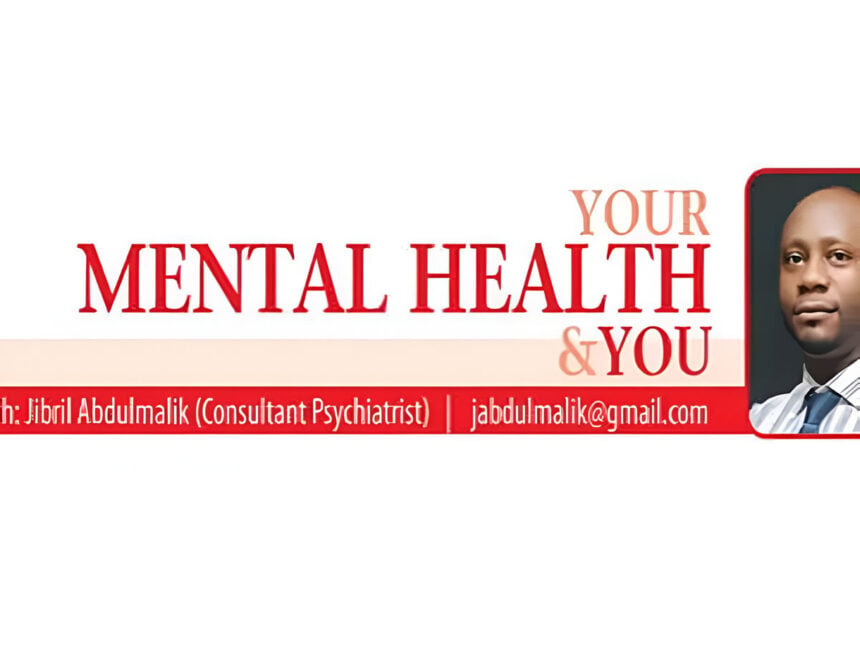EPILEPSY is a chronic neurological disorder that affects around 50 million people worldwide. While the condition is best known for its recurrent seizures, it also brings emotional and psychological challenges that can affect everyday life. For many individuals, managing epilepsy means dealing with additional issues such as depression and anxiety, conditions that complicate daily routines and impact overall well-being.
The everyday reality of epilepsy
Living with epilepsy involves coping with uncertainty. The unpredictable nature of seizures often creates ongoing stress and worry about when the next episode might occur. Studies suggest that between 30 percent and 40 percent (1 in 3) of people with epilepsy experience depression, and about 25 percent (1 in 4) deal with anxiety disorders. These figures show that epilepsy is not just a physical condition; it can also take a significant toll on a person’s emotional health.
For many, the mental health challenges stem not only from the seizures themselves but also from social misunderstandings and stigma. Misconceptions about epilepsy can lead to feelings of isolation and low self-esteem.
Closer look
Fatima’s journey
Fatima, a 28-year-old woman diagnosed with epilepsy during her teenage years, experienced deep isolation in the aftermath of her first major seizure. “I stopped going out. I felt like a burden,” she recalls. The overwhelming fear of being judged led her to withdraw from friends and family, intensifying her depression and making daily interactions seem almost impossible. Fatima’s experience is not uncommon. The initial shock and stigma can force individuals into isolation, which in turn deepens the emotional impact of the condition. Over time, some manage to find ways to reconnect with others, slowly overcoming the loneliness that once defined their lives.
Chinedu’s battle
Chinedu, a 32-year-old software engineer, found that his epilepsy created significant anxiety in the workplace. Despite his strong professional background, he constantly worried about having a seizure during meetings. “Every time I got called into a meeting, my heart raced. What if I had a seizure?” he explains. This persistent fear not only affected his performance but also limited his career advancement.
For Chinedu, the challenge was balancing professional demands with the stress brought on by his condition. His experience highlights how the emotional aspects of epilepsy can have a tangible effect on everyday life, particularly in work environments where performance and confidence are critical.
Wura’s Fight
Wura, a 40-year-old mother of two, experienced the impact of public stigma firsthand. During a family gathering, she suffered a seizure and was met with ridicule. “I felt like I was letting my kids down and embarrassing my husband,” she shares. The harsh reactions from others left her feeling humiliated and added to an already heavy emotional burden. Public shaming, coupled with her internal feelings of self-doubt, intensified her struggle with depression.
Wura’s story shows how social responses, specifically the toxic combination of physical symptoms and negative public perceptions, can create an especially tough situation for affected persons to navigate.
Discussion
These experiences reveal that epilepsy affects both physical and emotional health. Their stories show that while seizures are the most visible aspect of the condition, the psychological effects, such as depression and anxiety, are equally significant. These mental health issues often arise as a direct result of living with the unpredictability of seizures, compounded by societal misunderstandings and consequences of stigma.
Addressing the mental health side of epilepsy is important not just for those living with the condition, but also for those around them. When people understand that epilepsy can lead to significant emotional struggles, it encourages a more empathetic and informed response. For many individuals, knowing that their feelings of anxiety or depression are common parts of the condition can be a relief and an important step toward seeking help.
Studies have shown that when mental health support is included as part of overall care, people with epilepsy are better able to manage their condition. Alongside traditional treatments that focus on controlling seizures, methods such as counselling, stress management techniques, and support groups can play a crucial role in improving quality of life.
Beyond individual care, greater public awareness can help reduce the stigma associated with epilepsy. As friends, colleagues, and community members become more informed about the condition, they are more likely to respond with understanding rather than judgment. This shift in perspective can create a more supportive environment, making it easier for those with epilepsy to seek the help they need.
Conclusion
Epilepsy reaches far beyond the physical symptoms of seizures. The uncertainty of when a seizure might occur, combined with the social challenges of stigma and misunderstanding, can lead to significant emotional struggles such as depression and anxiety.
Recognizing that epilepsy impacts emotional well-being as well as physical health is a step toward fostering a more compassionate and supportive society.
READ ALSO: Ginger boost effectiveness of epilepsy medicine, reduces complications
WATCH TOP VIDEOS FROM NIGERIAN TRIBUNE TV
- Let’s Talk About SELF-AWARENESS
- Is Your Confidence Mistaken for Pride? Let’s talk about it
- Is Etiquette About Perfection…Or Just Not Being Rude?
- Top Psychologist Reveal 3 Signs You’re Struggling With Imposter Syndrome
- Do You Pick Up Work-Related Calls at Midnight or Never? Let’s Talk About Boundaries







